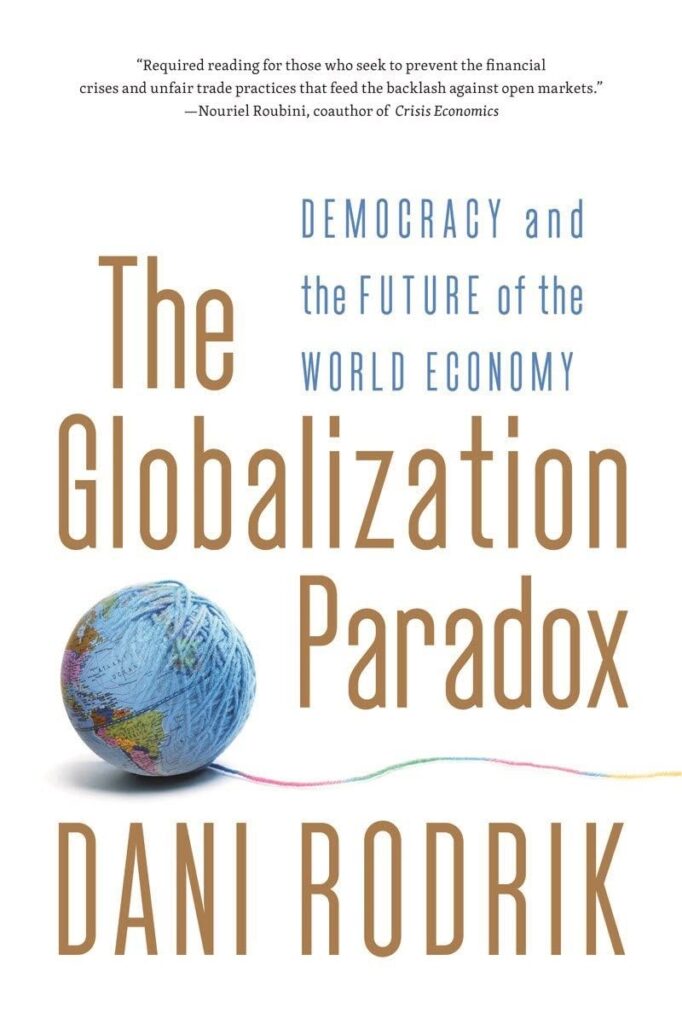
The Globalization Paradox is a book that challenges the conventional wisdom of what globalization means and how it can be achieved. Dani Rodrik, a Harvard professor and a renowned economist, argues that globalization is not an inevitable or desirable outcome, but a political choice that involves trade-offs and conflicts. He shows how globalization has often undermined democracy, national sovereignty, and social welfare, and how it has created winners and losers within and across countries. He also proposes a new way of thinking about globalization, one that respects diversity and pluralism, and that allows countries to pursue their own social and economic objectives.
Rodrik’s book is not only a theoretical exposition, but also a practical guide for policy-makers and activists who want to promote human development. He draws on his extensive research and experience in various fields and regions of the world, such as India, China, Africa, and Latin America. He provides concrete examples and empirical evidence to support his arguments and to illustrate the benefits and challenges of implementing his approach. He also engages with the views and criticisms of other scholars and thinkers, such as Adam Smith, John Maynard Keynes, Milton Friedman, Robert Lucas, Paul Krugman, and Joseph Stiglitz.
The Globalization Paradox is a book that provokes and enlightens. It offers a perspective of globalization that is based on historical context, logical rigor, and empirical relevance. It is a book that anyone who is interested in the future of the world economy should read.
